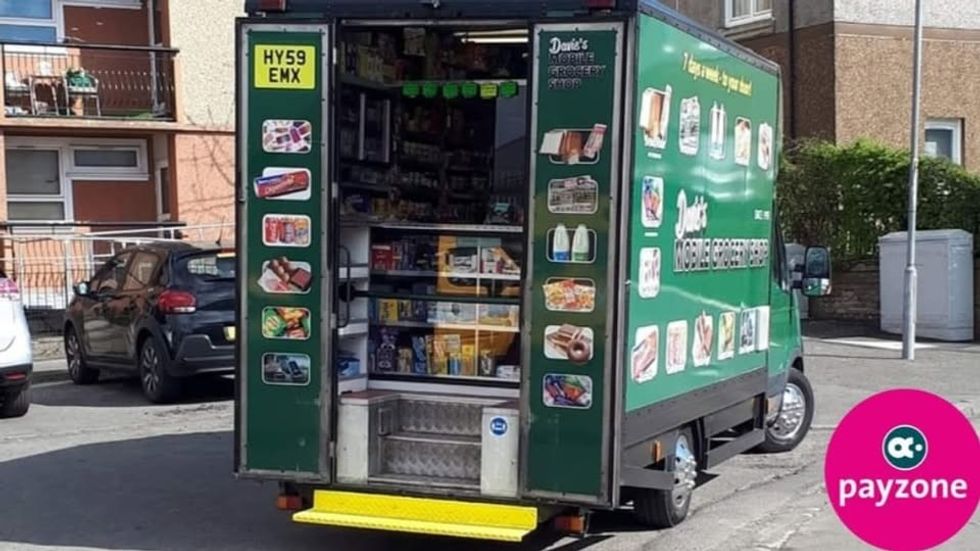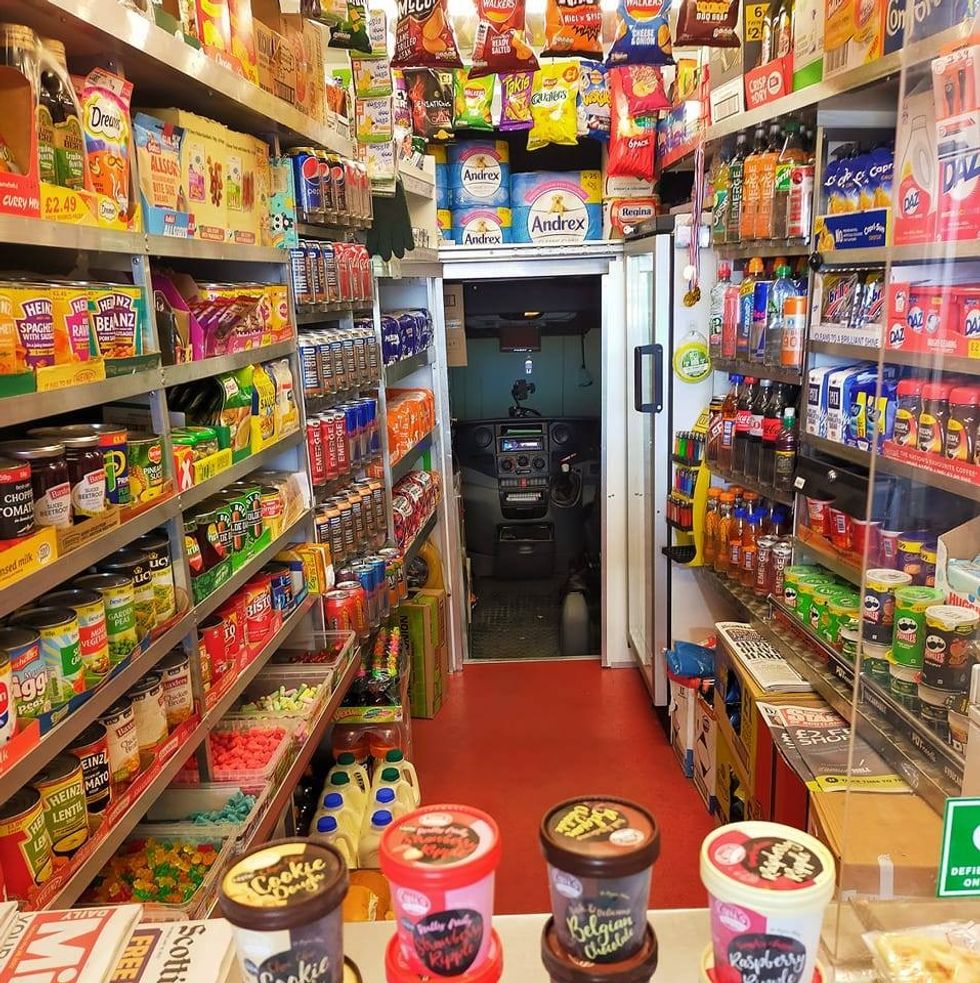National Living Wage increases are starting to have "unintended consequences" on the convenience sector and the rises should be slowed or stopped, a leading local store body has said, calling on the Commission to establish a process that balances the importance of high quality, secure employment opportunities with wage rates that promote a robust and stable job market.
Association of Convenience Stores (ACS) stated today (16) that it has given oral evidence to the Low Pay Commission on the impact of the National Living Wage on the convenience sector, and the importance of stability when recommending future wage increases.
In a written submission to the Low Pay Commission earlier this year, ACS outlined the different ways that retailers are responding to recent increases in minimum wage rates. These include:
- 53 per cent of retailers are reducing the amount they invest in their business
- 53 per cent of retailers have been forced to increase their prices in store
- 47 per cent have reduced the number of staff hours in the business
- 47 per cent of retailers have had to take lower profits and/or absorbed the costs of wage increases
The rate of the National Living Wage has increased from £8.91 per hour in 2021/22 to £11.44 per hour in 2024/25, an increase of over 28 per cent in the last three years which has brought the National Living Wage rate up to the previous Government’s target of two-thirds of median earnings. Measures pledged in the Labour manifesto ahead of the 2024 General Election include a removal of the age bands for the National Living Wage so that they apply for anyone over the age of 18 (NLW currently applies to anyone aged 21 or over), and a consideration of the cost of living within the remit of the Low Pay Commission as part of their annual process for future rise recommendation.
ACS chief executive James Lowman said: “The Low Pay Commission are faced with a tough decision on how to set future wage rates, needing to balance the needs of employers and employees, and the overall economy. We have identified four key indicators that the National Living Wage is starting to have unintended consequences and that increases should be slowed or stopped: a shift towards more gig economy working, a reduction in in-work progression, entrepreneurship becoming less attractive, and a reduction in business investment. These considerations need to be upmost in the Commission’s thinking.”
ACS has called on the Commission to establish a process that balances the importance of high quality, secure employment opportunities with wage rates that promote a robust and stable job market. By considering the four emerging risk areas outlined above (shift to gig economy; reduction in in-work progression; declining attractiveness of entrepreneurship; reduction in business investment), the Commission will be able to identify where rising wage are having a negative impact on the labour market and the wider economy.
The convenience sector is one of the UK’s biggest employers, providing local, flexible and secure jobs to over 437,000 people. Figures from ACS’ 2024 Colleague Survey show that 98 per cent of colleagues working in the convenience sector are on permanent contracts and as a result, 83 per cent of colleagues feel secure in their current role. The majority of colleagues are also drawn from the local community with 47 per cent walking to work with an average commute time of just 13 minutes per day.
ACS’s written submission to the Low Pay Commission is available here: https://www.acs.org.uk/lobbying/low-pay-commission-consultation-2024



















 Davie’s Mobile Grocery Shop
Davie’s Mobile Grocery Shop Inside the Davie’s Mobile Grocery Shop
Inside the Davie’s Mobile Grocery Shop
